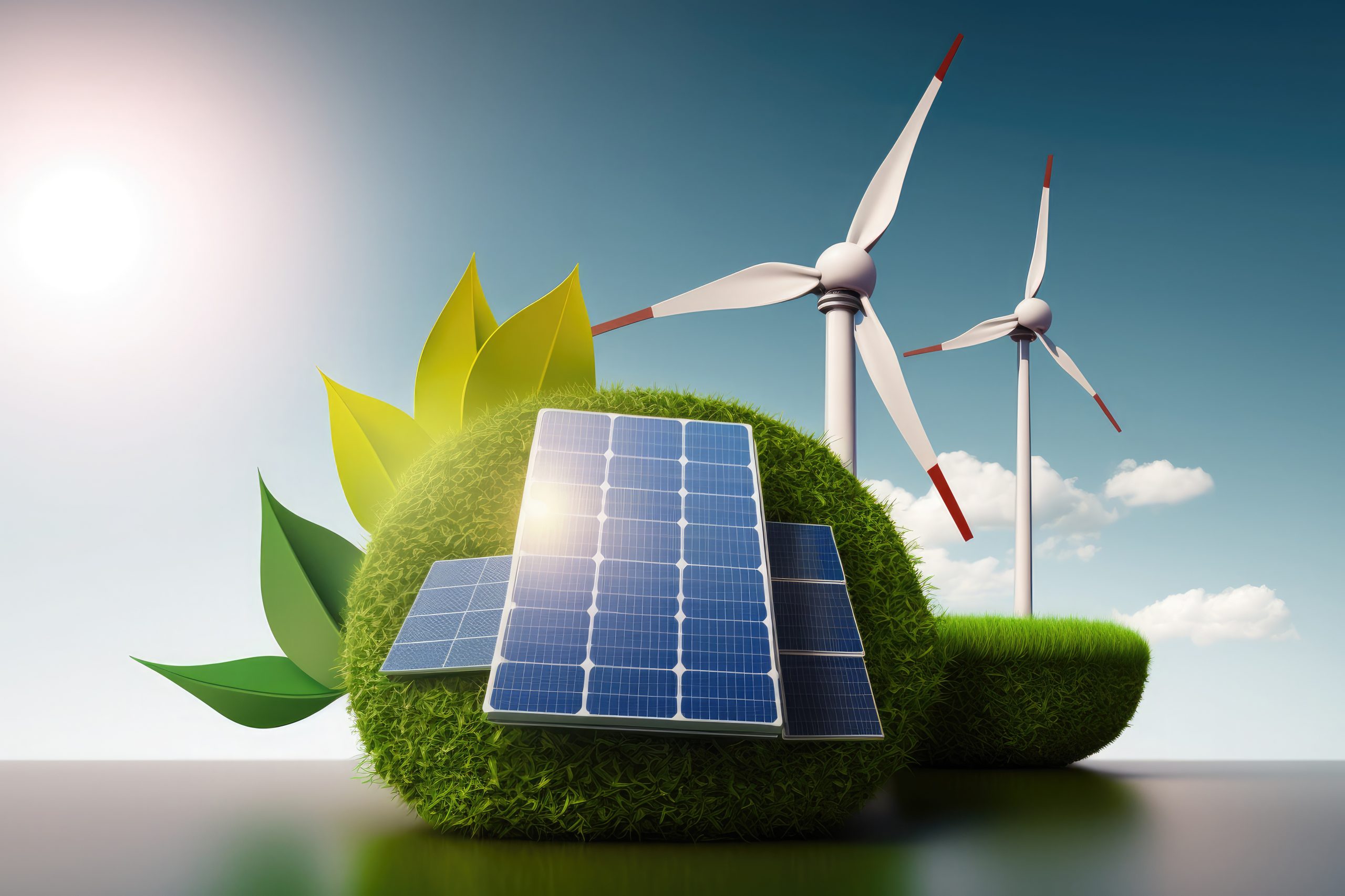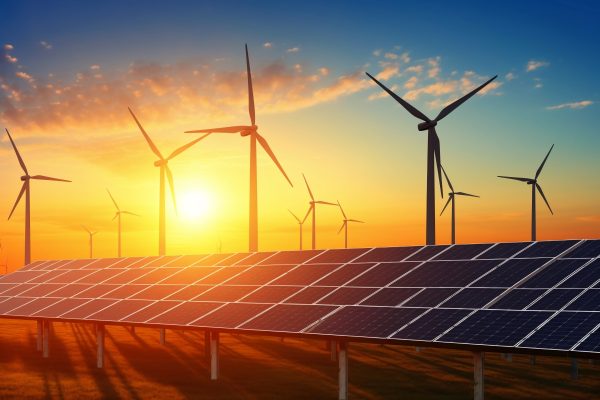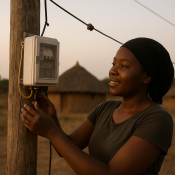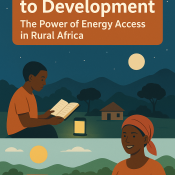
The Potential for Renewable Energy in Nigeria.
Nigeria, located in West Africa, is the most populous country on the continent and has a significant need for energy. Despite being a major producer of crude oil, Nigeria struggles with inadequate and unreliable energy supply, leading to frequent power outages and limited access to electricity in many areas of the country. However, Nigeria has significant potential for renewable energy, which could provide a more sustainable and reliable source of power for the country.
Solar energy is one of the most promising renewable energy sources in Nigeria. The country has a tropical climate with abundant sunshine, making it an ideal location for solar energy production. According to the Nigerian Solar Energy Roadmap, Nigeria has the potential to generate up to 600GW of solar power, which is more than 100 times the country’s current energy needs. The development of solar energy would not only provide a sustainable source of energy but also create job opportunities and support economic growth.
Wind energy is another renewable energy source with great potential in Nigeria. The country’s northern regions have strong winds, especially during the harmattan season, which could be harnessed for power generation. The Nigerian Wind Energy Association estimates that the country has the potential to generate over 68GW of wind energy, which could meet the country’s current energy demand. However, the development of wind energy in Nigeria has been slow due to the high cost of setting up wind farms. Hydroelectric power is another renewable energy source that could be developed in Nigeria. The country has several rivers and waterfalls, which could be harnessed for power generation. Currently, hydroelectric power accounts for about 30% of Nigeria’s total energy production, but there is potential for expansion. The construction of new hydroelectric dams and the rehabilitation of existing ones could increase the country’s hydroelectric power capacity and provide a more sustainable source of energy.
Hydroelectric power is another renewable energy source that could be developed in Nigeria. The country has several rivers and waterfalls, which could be harnessed for power generation. Currently, hydroelectric power accounts for about 30% of Nigeria’s total energy production, but there is potential for expansion. The construction of new hydroelectric dams and the rehabilitation of existing ones could increase the country’s hydroelectric power capacity and provide a more sustainable source of energy.
In conclusion, Nigeria has significant potential for renewable energy, particularly in solar, wind, and hydroelectric power. The development of these energy sources would not only provide a sustainable and reliable source of power but also support economic growth and create job opportunities. To fully harness the potential of renewable energy in Nigeria, there is a need for government support and investment, as well as collaboration with private sector actors. With the right policies and investments, Nigeria could become a leader in renewable energy production and provide a model for other countries in the region.
ADVAD is positioned right in the middle of this current evolution, with its cutting-edge adaptations and expert skill reserve…
Solar energy is one of the most promising renewable energy sources in Nigeria. The country has a tropical climate with abundant sunshine, making it an ideal location for solar energy production. According to the Nigerian Solar Energy Roadmap, Nigeria has the potential to generate up to 600GW of solar power, which is more than 100 times the country’s current energy needs. The development of solar energy would not only provide a sustainable source of energy but also create job opportunities and support economic growth.
Wind energy is another renewable energy source with great potential in Nigeria. The country’s northern regions have strong winds, especially during the harmattan season, which could be harnessed for power generation. The Nigerian Wind Energy Association estimates that the country has the potential to generate over 68GW of wind energy, which could meet the country’s current energy demand. However, the development of wind energy in Nigeria has been slow due to the high cost of setting up wind farms.
 Hydroelectric power is another renewable energy source that could be developed in Nigeria. The country has several rivers and waterfalls, which could be harnessed for power generation. Currently, hydroelectric power accounts for about 30% of Nigeria’s total energy production, but there is potential for expansion. The construction of new hydroelectric dams and the rehabilitation of existing ones could increase the country’s hydroelectric power capacity and provide a more sustainable source of energy.
Hydroelectric power is another renewable energy source that could be developed in Nigeria. The country has several rivers and waterfalls, which could be harnessed for power generation. Currently, hydroelectric power accounts for about 30% of Nigeria’s total energy production, but there is potential for expansion. The construction of new hydroelectric dams and the rehabilitation of existing ones could increase the country’s hydroelectric power capacity and provide a more sustainable source of energy.
In conclusion, Nigeria has significant potential for renewable energy, particularly in solar, wind, and hydroelectric power. The development of these energy sources would not only provide a sustainable and reliable source of power but also support economic growth and create job opportunities. To fully harness the potential of renewable energy in Nigeria, there is a need for government support and investment, as well as collaboration with private sector actors. With the right policies and investments, Nigeria could become a leader in renewable energy production and provide a model for other countries in the region.
ADVAD is positioned right in the middle of this current evolution, with its cutting-edge adaptations and expert skill reserve…





This is the best tour on the east coast! It was amazing how many places we visited and what great memories we made!
This was not our first time going to here. It is a great place to shop not too far from New York. We took the bus from Port Authority and traveled through the countryside to get there.
We always stay at here when in town. The location is great, staff is wonderful and we love the overall feel. Beautiful view from the here.